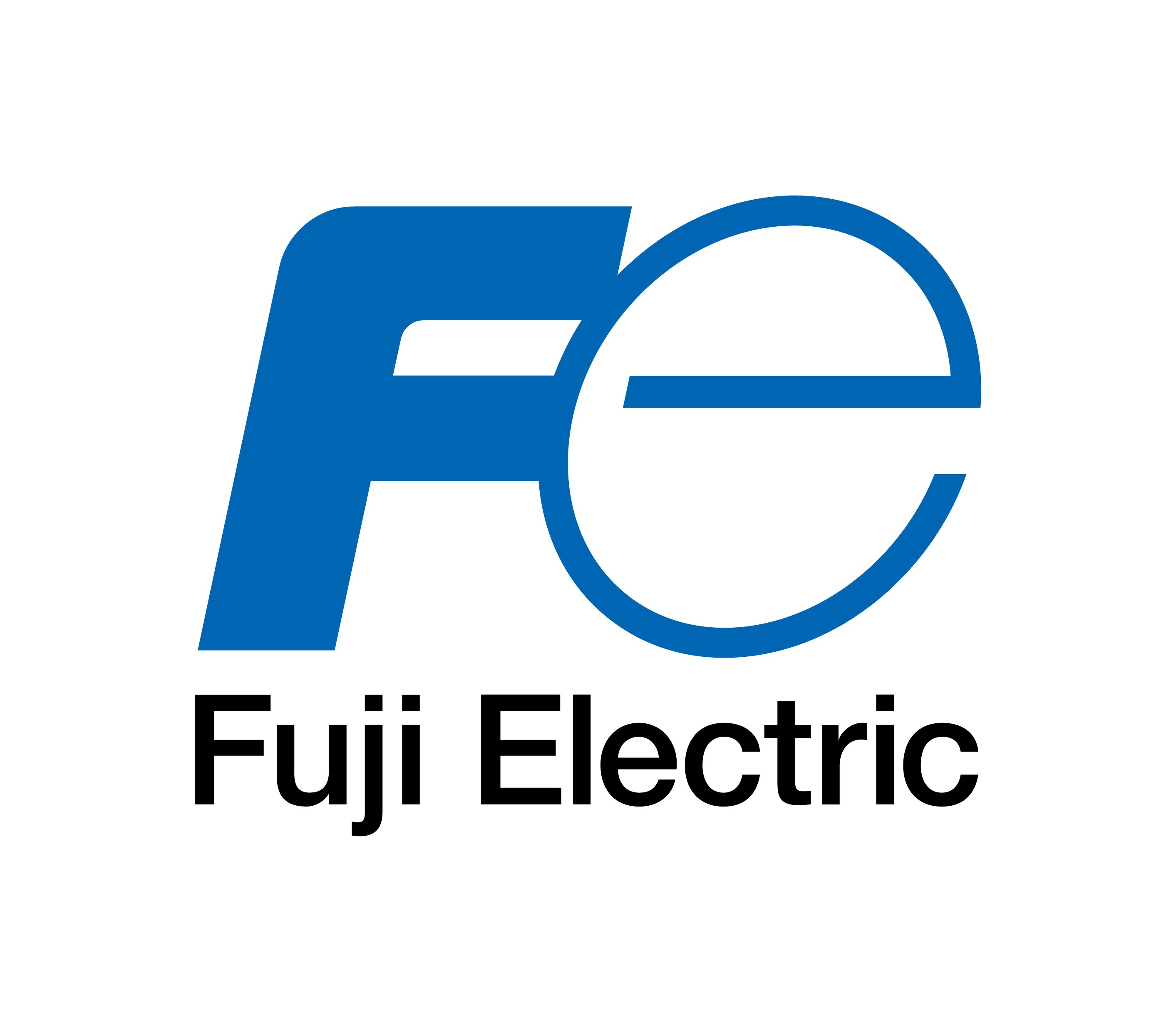So the market currently has a voltage stabilizer targeted towards each home appliance. Like This is for TV , This is for Washing machine, This is for AC, This is for fridge and This is for PC.
The whole thing feels gimmicky. I am shifting and will be getting every home appliance and the area is notorious for bad electricity voltage.
Can someone help me purchase voltage stabilizers? There must be a simple all use case stabilizer that is long lasting, which is it?
The whole thing feels gimmicky. I am shifting and will be getting every home appliance and the area is notorious for bad electricity voltage.
Can someone help me purchase voltage stabilizers? There must be a simple all use case stabilizer that is long lasting, which is it?


